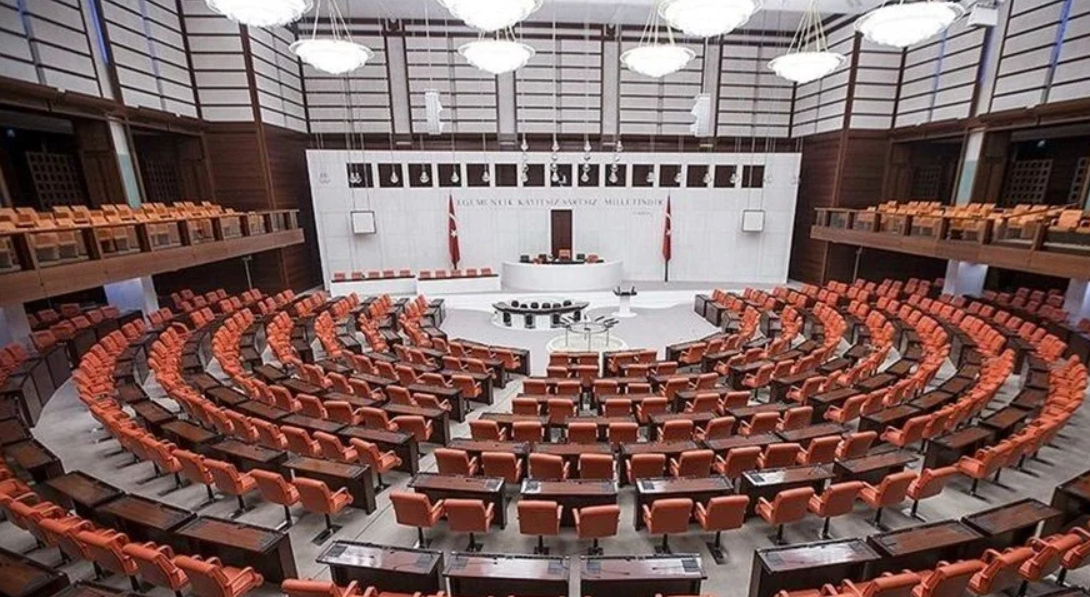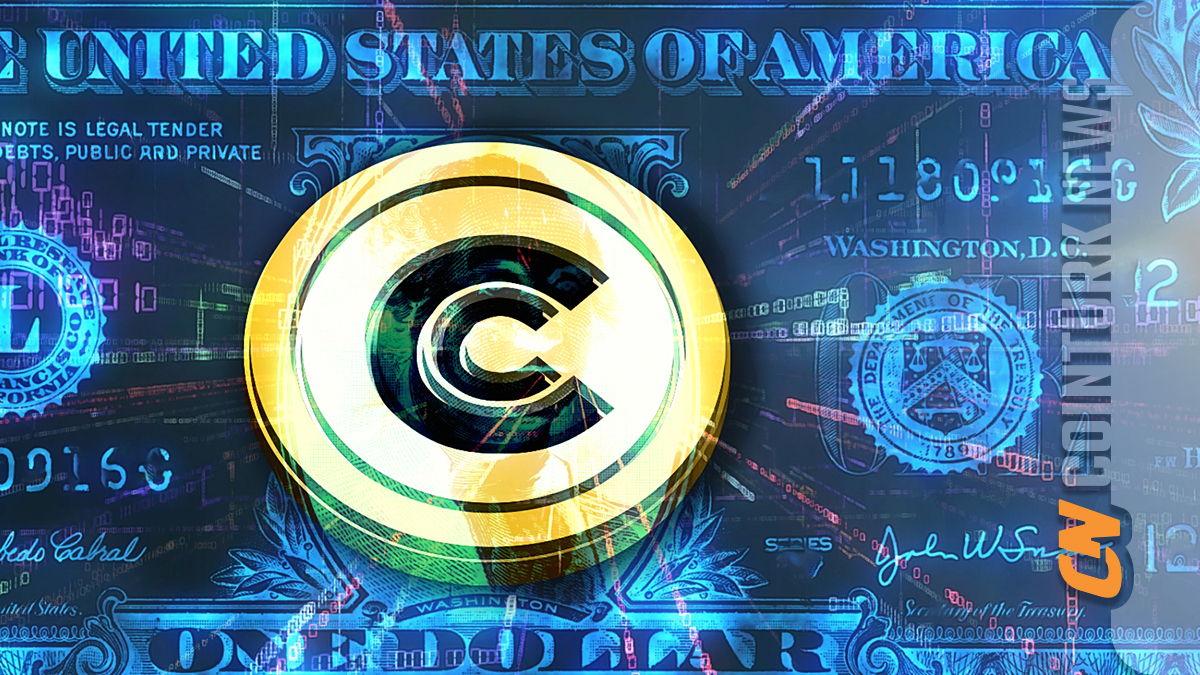Like many parts of the world, Turkey is accelerating its regulatory efforts on cryptocurrencies. The European Union’s MiCA serves as a significant guide in this regard. So, what is the current situation for Turkey? The draft that passed the commission is now in the General Assembly of the Parliament; here are the details.
Cryptocurrency Law Draft
The last step Turkey needed to take to exit the FATF gray list was regulations on crypto. Necessary regulations were made in the fight against money laundering on this front. Today, the draft, which was reviewed and accepted by the Parliamentary Commission, has been sent to the General Assembly of the Parliament.
In this regulation, which includes definitions related to cryptocurrencies in the Capital Markets Law, concepts such as wallet and address are clarified. This regulation will set precedents in many areas, including crypto asset service provider platforms and custody service companies. Those who want to issue crypto assets will be monitored in the digital environment thanks to the issuance of capital market instruments without being included in the Central Securities Depository (MKK) system.
Cryptocurrency Law in Parliament
At the next stage, we should see this draft accepted in the General Assembly of the Parliament soon. The main purpose of this draft, which needs to be enacted before the FATF meeting in June, is as mentioned at the beginning. Therefore, the entire process is expected to be completed in a few working days.
In his latest statement, Ömer İleri mentioned that there would be no complete ban on foreign exchanges and that the tax issue would be addressed separately. A separate study will be conducted for the tax rate that investors will pay on their transactions and earnings.

A significant portion of global cryptocurrency exchanges has already established their local companies in preparation for the new law. However, it is still uncertain whether we will experience a process where local versions are made mandatory, as was imposed in 2021. Moreover, considering the statements made about futures transactions, we may see days when global exchanges genuinely limit Turkish investors’ access to these, and otherwise face sanctions.

 Türkçe
Türkçe Español
Español









